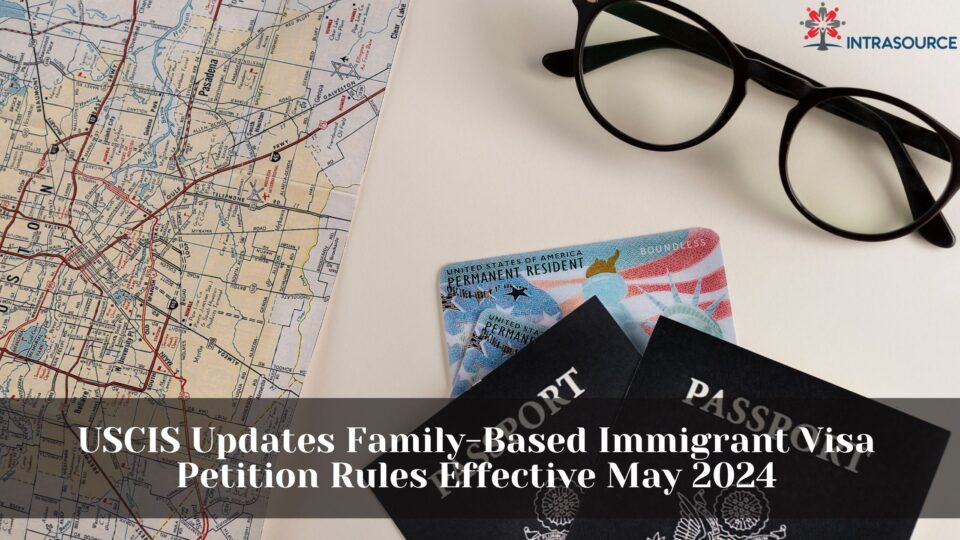Effective May 22, 2024, the United States Citizenship and Immigration Services (USCIS) has introduced significant updates to its protocols concerning family-based immigrant visa petitions. This includes changes to Form I-130 (Petition for Alien Relative) and, in certain cases, family-based Form I-360 (Petition for Amerasian, Widow(er), or Special Immigrant). These revisions clarify how to correct approval notice errors, manage requests for consular processing or adjustment of status, and route approved petitions accurately.
Key Changes in Family-Based Immigrant Visa Petitions
For petitioners submitting Form I-130, it is essential to notify USCIS of the beneficiary’s current address and preference for either consular processing with the Department of State National Visa Center (NVC) or adjustment of status within the United States, if eligible. Providing accurate information ensures that the approved petition is either retained for adjustment of status processing or forwarded to the NVC for consular processing. Incorrect information can cause delays; for example, if a petition is retained due to unavailable details, the petitioner must file Form I-824 (Application for Action on an Approved Application or Petition) along with the necessary fee to transfer the petition to the NVC.
Improved Procedures Under Updated Guidance
Previously, if an approved petition did not specify the beneficiary’s preference for adjustment of status or consular processing, USCIS typically retained it. The new guidance enhances efficiency by clarifying steps when a beneficiary’s preference is unclear or has changed or when corrections are needed. Under this updated guidance, if a beneficiary’s preference is not explicitly stated, USCIS will use its discretion to decide whether to send the approved petition to the NVC for consular processing or keep it for adjustment of status—relying on evidence of the beneficiary’s latest location as provided in the petition.
Handling Changes and Error Corrections
The updated procedures explain how petitioners can contact USCIS to correct errors or update a pending or approved Form I-130. This includes updating the beneficiary’s location and specifying their preference for consular processing or adjustment of status. Additionally, these enhancements provide general instructions on how USCIS decides whether to approve or deny a family-based immigrant petition and issue relevant notices.
These changes aim to streamline the process of submitting family-based immigrant visa petitions, reducing delays, and ensuring petitions are processed according to beneficiaries’ circumstances and preferences. For more detailed information and updates on family-based immigrant visa petitions, petitioners should visit the USCIS website.


